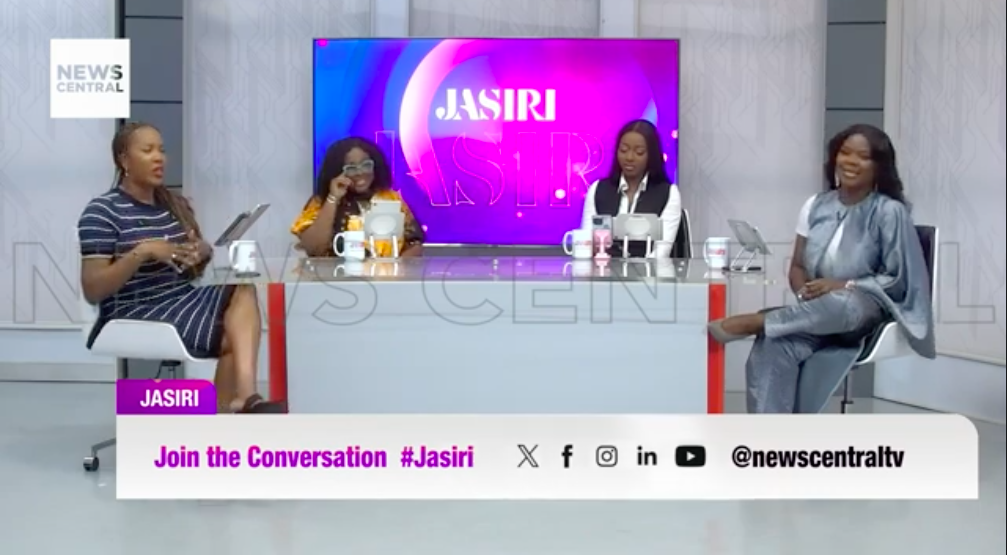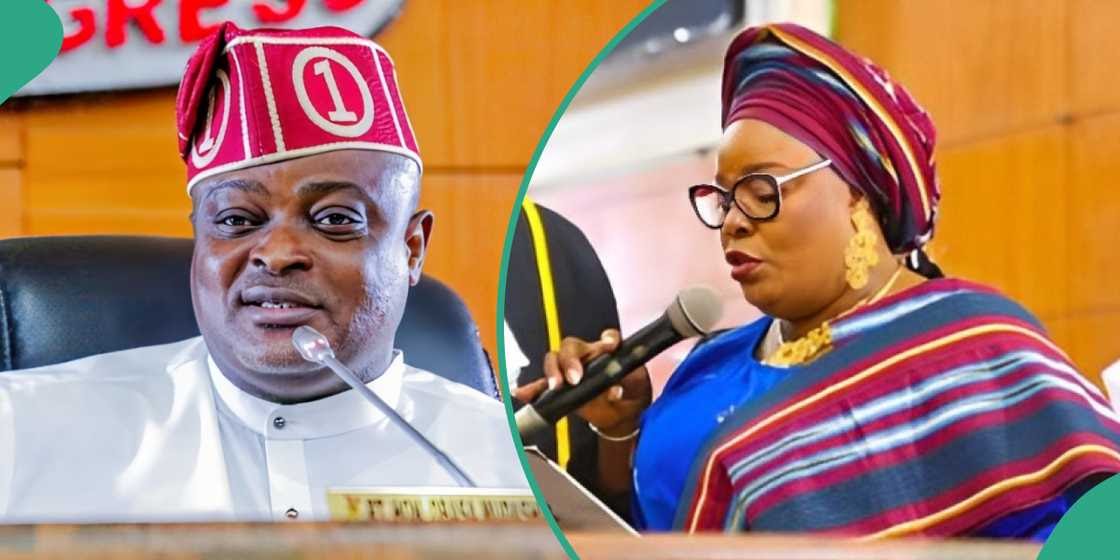The hosts of News Central TV’s Jarisi talk about important current affairs on Friday, with a particular emphasis on a high-profile court case involving a young boy and political unrest in the Lagos State House of Assembly.
As the discussion started, the hosts discussed a Yoruba saying that highlighted the need for networking and personal relationships.Â
The discussion then shifts to the present political drama in Lagos, where ousted speaker Mudashiru Obasa made a controversial comeback to the Assembly to reaffirm his legitimacy amid a power struggle with current speaker Mojisola Miranda.
“I feel the most sorry for Miranda in all of this; politics shouldn’t be as dirty as it is in Nigeria,” Tolulope Adeleru-Balogun, one of the programme’s hosts, stated. It is quite filthy everywhere. Miranda became the first female speaker in Legos State’s history for the position. There may be methods to get rid of her if you want to, and I don’t think it will come across as mocking her as the first female speaker in the Lagos House of Assembly or as the Speaker for however long she serves.

“When I consider the individuals who decided to remove Obasa from office, it seems like they did not anticipate the problems that would arise because she had the option to resign as deputy speaker, return to the House floor, and call for immediate elections to replace her as speaker. This woman has been subjected to a lot of nonsense and muck for the past two and a half weeks, or since he left the country and the impeachment was completed. You could have had anybody you wanted instead.
“What takes place on Monday, then? Who takes over as Speaker? Who calls the plenary into session while seated in the chair?”
According to Blessings Mosugu, “politics has been shady since the beginning of time, but the law keeps it in check.” However, in a nation where the rule of law is weakened, politics appears to be so corrupt that it is out of control and lacks order.
“Tolu is painting a picture of how things should be in a normal society that is governed by a law,” Katherine Obiang added about the same topic.Â
However, Omotunde Adebowale stated that she is looking forward to such a society because, in her opinion, whatever the court decides regarding whether the impeachment process was unlawful or flawed, “we have to wait for the outcome of what the court says before he can assume office back; I doubt if he can just take back his office” as long as the substantive case is still pending.
The conversation demonstrates how this power struggle affects women’s political engagement and governance.
The hosts also discussed a 14-year-old boy’s tale of being sent back to Ghana from the UK by his parents because they were afraid he might become involved in gang culture. In the end, a court decision supports the parents, highlighting the difficulties in balancing parental authority with child safety. The hosts keep a lighthearted yet critical tone throughout the episode as they consider the ridiculousness of current social concerns and political situations.
Overall, this Jasiri episode offers an intricate array of viewpoints that encourage viewers to consider the status of governance and individual identity in modern society, delivering perceptive commentary on the nexus of politics, culture, and societal ideals. While keeping a light-hearted and approachable tone, the hosts skilfully illustrate the value of networking, gender dynamics, and the intricacies of parental authority through careful analysis and lively discussion.
Click to watch the video below.


 Trending
Trending 
